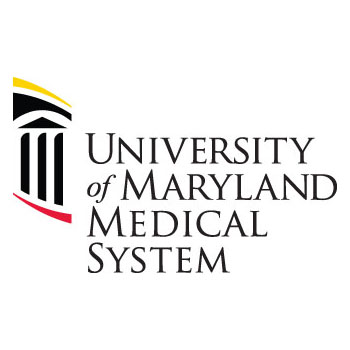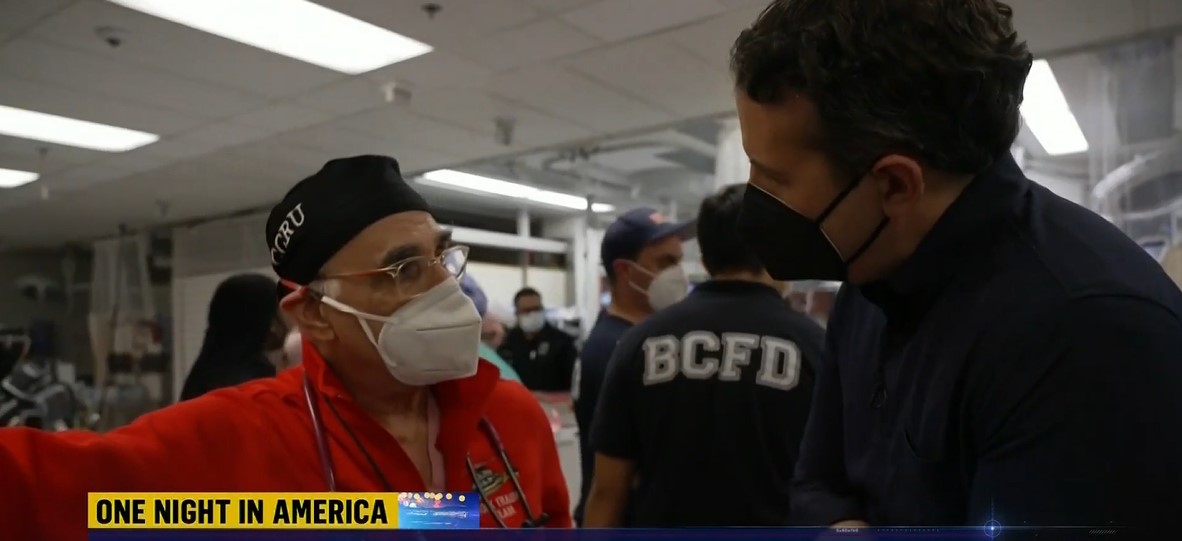Thomas M. Scalea, MD | Source | Physician-in-Chief, R Adams Cowley Shock Trauma Center at University of Maryl...

Thomas M. Scalea, MD
Dr. Thomas M. Scalea is Physician-in-Chief of the R Adams Cowley Shock Trauma Center at the University of Maryland Medical Center and the Honorable Francis X. Kelly Distinguished Professor of Trauma Surgery and Director of the Program in Trauma at the University of Maryland School of Medicine. Dr. Scalea has pioneered advances to trauma care for patients in the United States and around the world. In his 26 years at the helm of Maryland's highest-level trauma center, Dr. Scalea has cared for tens of thousands of Marylanders critically injured in motor vehicle collisions, falls and violent attacks. Shock Trauma delivers more trauma care than any other institution in the United States, treating 7,000 patients a year with a 96 percent survival rate. The center is Maryland's only primary adult trauma resource center, which is at the heart of Maryland's unique Emergency Medical Services system.
-

University of Maryland Medical Center
Physician-in-Chief, R Adams Cowley Shock Trauma Center
-
Dr. Thomas Scalea marks 25 years of innovation at Shock Trauma
For more than 25 years, Dr. Thomas Scalea has pioneered advances to trauma care for patients in Maryland, across the United States and around the world.
Article -
Paul Pelosi is still in the hospital. What we know about his injuries.
Paul Pelosi, husband of House Speaker Nancy Pelosi, remains hospitalized in San Francisco almost a week after an assailant broke into their house and attacked him with a hammer.
Article -
One Night in America: the gun violence epidemic plaguing the U.S.
In an extraordinary, in-depth report, NBC News goes inside the gun violence epidemic affecting America’s cities. Correspondents Kate Snow, Gabe Gutierrez, Gadi Schwartz, and Jesse Kirsch embed with police, hospitals, and community activists to see how gun violence is tearing through communities. Their report focuses on one night, Saturday, July 16th, to show just how regular, and pervasive, gun violence is.
Article
-
"Taking care of these people can be incredibly complicated and because interpersonal violence, particularly gunshot wounds, is a disease of young people, primarily at least, that means that their recovery may take months, may take years, they may have disabilities for the rest of their lives."
-
"When it comes to trauma injuries, it’s important to remember that the “clock starts ticking” at the time of injury, not the time of hospital arrival. Being able to limit shock before we get to the point where the wheels fall off the machine is really a very, very important thing. To me, this is just Shock Trauma out in the field."
-
"This is something that laypeople, civilians, can do to actually help save a life, and this can be very, very important to get people into the hospital that previously would have died at the scene."


